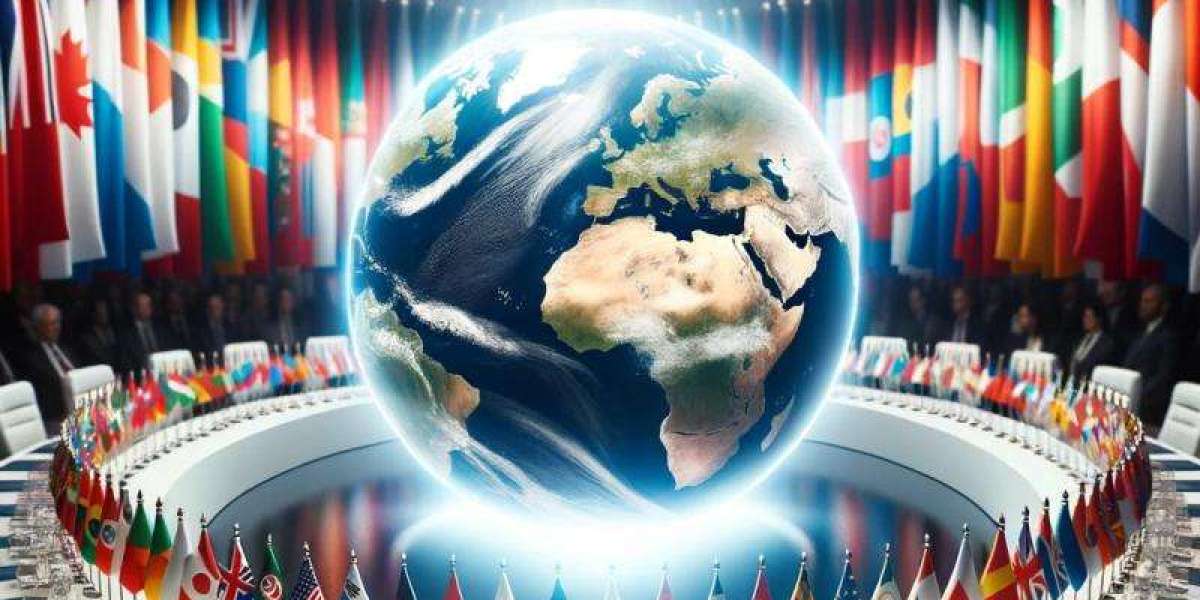Introduction:
Switzerland, the Beating Heart of Global Governance.
In a world in constant flux, where geopolitical balances are being reshaped at a relentless pace, one question remains: how can we scientifically grasp the deep dynamics driving nations? The Natiometer, as a pioneering tool for measuring historical, cultural, and political flows, stands as an innovative response to this inquiry. Yet, for this revolutionary instrument to fully realize its analytical potential, it requires a setting worthy of its ambition. Switzerland, a land of neutrality, knowledge, and diplomacy, emerges as the ideal host for this grand initiative.
In the current context, marked by heightened international tensions, the need for an impartial and scientific framework to analyze the movements of nations has become urgent. Switzerland, with its historical role as an arbiter between major powers and its vocation as a host to global governance institutions, is the natural candidate to house the International Society of Natiometry.
I. Geopolitical Context: The Instability of a World in Transition.
The election of Donald Trump in 2024 marked a turning point in global politics. His strategic vision, tinged with isolationism and economic pragmatism, has redrawn traditional alliances and weakened certain historical partnerships. The European Union finds itself at a crossroads, oscillating between a desire for emancipation and apprehension over the disruptions induced by this new reality.
At the same time, the war in Ukraine, far from subsiding, has reignited tensions once thought to be relics of the past. This conflict, a reflection of the confrontation between opposing worldviews, underscores the urgent need for tools capable of decoding the deep fluctuations of nations and anticipating their trajectories.
Beyond these two focal points of tension, the world faces other strategic challenges:
- China’s growing power and its ambitions in the South China Sea, shifting the balance of power in the Asia-Pacific region.
- Migration and climate crises, exacerbating social and political fractures in Europe and beyond.
- The rise of artificial intelligence, emerging as a new force influencing societies and disrupting traditional governance.
In response to these profound transformations, Natiometry presents itself as a science of anticipation, capable of providing unprecedented insights to decision-makers and institutions.
II. Switzerland : A Natural Home for the Natiometer.
If there were ever a place to embody the spirit of the Natiometer, it would be Geneva. A crossroads of nations and home to numerous international organizations, the Swiss city symbolizes active neutrality in the service of global dialogue.
Three major assets make Switzerland the ideal anchor for this project:
- A bastion of political and economic stability: In a world where uncertainty has become the norm, Switzerland remains a safe haven, both for capital and for ideas.
- A tradition of scientific excellence: Institutions such as CERN and EPFL illustrate Switzerland’s ability to host and support large-scale scientific endeavors.
- A central diplomatic role: As the seat of the United Nations, the WTO, and the International Committee of the Red Cross, Switzerland serves as the stage where the major negotiations of the 21st century unfold.
Hosting the International Society of Natiometry in Geneva would firmly establish this emerging discipline within a tradition of rigorous analysis and benevolent neutrality.
III. A Strategic Proposal : Geneva as the Capital of Natiometry.
The ambition is clear: to make Geneva the nerve center of Natiometry, a laboratory where social sciences, artificial intelligence, and geopolitical analysis converge.
Concretely, this proposal unfolds along three main axes:
- Creating a Natiometry Institute in partnership with Switzerland’s leading universities to train a new generation of researchers and analysts capable of deciphering national cycles.
- Developing an international platform for national analysis, providing decision-makers, diplomats, and researchers with precise data on the evolution of societies and powers.
- Organizing a Global Natiometry Forum, gathering the world’s leading governance figures annually to reflect on transformations in the international order through the lens of the Natiometer.
Conclusion:
Switzerland, Guardian of the Nations’ Time.
The Natiometer is a clock of nations, an instrument capable of revealing the deep pulsations of history. Its establishment in Switzerland would not be a coincidence, but an inevitability, as this country embodies stability, scientific excellence, and openness to the world.
In an era where uncertainty is increasing and fractures are deepening, a tool capable of deciphering historical cycles, preventing tensions, and illuminating decisions is more necessary than ever. Switzerland possesses the power, legitimacy, and infrastructure to become the beating heart of this scientific revolution.
By hosting the International Society of Natiometry, Geneva would not merely add another jewel to its diplomatic crown; it would position itself as the intellectual beacon of the 21st century, where the future of nations is shaped.









